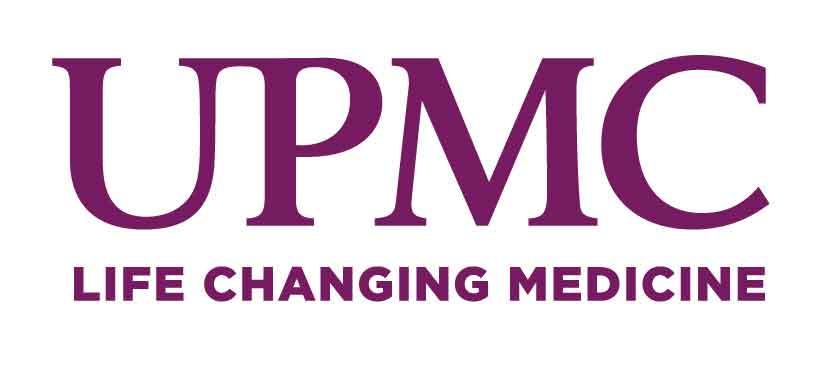UPMC: UPMC Takes Addiction Recovery Services on the Road
The Center for Addiction Recovery at UPMC in Central Pa. will begin to offer services through a new mobile unit that will stop in Cumberland, Northern Dauphin, Perry and York Counties. A UPMC-waivered provider and a medical assistant will travel in the mobile unit to administer medication-assisted treatment (MAT) to patients with opioid use disorder in designated areas in central Pennsylvania that lack adequate MAT services.
Sellers Swartzentruber Mobile Unit release“Many of our patients are traveling up to 90 minutes to receive care at our center in Harrisburg. This mobile unit allows us to timely address changing treatment needs and diminish the transportation barrier for our patients living and working in rural areas,” said Greg Swartzentruber, M.D., addiction medicine and emergency medicine, UPMC Harrisburg. “We appreciate the work of the UPMC Pinnacle Foundation to help secure funding for this project and ensuring access for those who need medication-assisted treatment.”
The UPMC Center for Addiction Recovery, located 2501 N. Third Street in Harrisburg, is a comprehensive addiction clinic. The Center connects individuals facing an opioid use disorder to treatment through the use of MAT and serves as the hub to help patients during their road to recovery by providing and coordinating care, identifying health and social service barriers for early intervention, referring and connecting community-based services and providing emotional support. The Center brings together primary, secondary and tertiary care providers, as well as community and hospital administration members. Together, they build upon an addiction treatment program that increases access to care, reduces health care costs and improves patient quality.
In this model of treatment, an addiction specialist physician is at the center of the hub, providing expert guidance and support to primary care physicians in rural and underserved areas of the state. Serving as the spokes, primary care physicians provide direct patient care, including the MAT prescription. Patients also are connected to drug and alcohol counseling in their communities. It is estimated that a mobile unit will allow for an additional 80 to 90 patient visits a week for a total of 5,000 medical encounters per year.
“Scientific research has shown that outcomes improve when individualized treatment plans match service delivery to individual patients’ needs and appropriate high-quality social services are accessible,” added Tina Nixon, vice president, Mission Effectiveness, Diversity and Inclusion, UPMC in Central Pa. “UPMC aims to create a replicable model that improves access, lowers costs and improves outcomes.”

